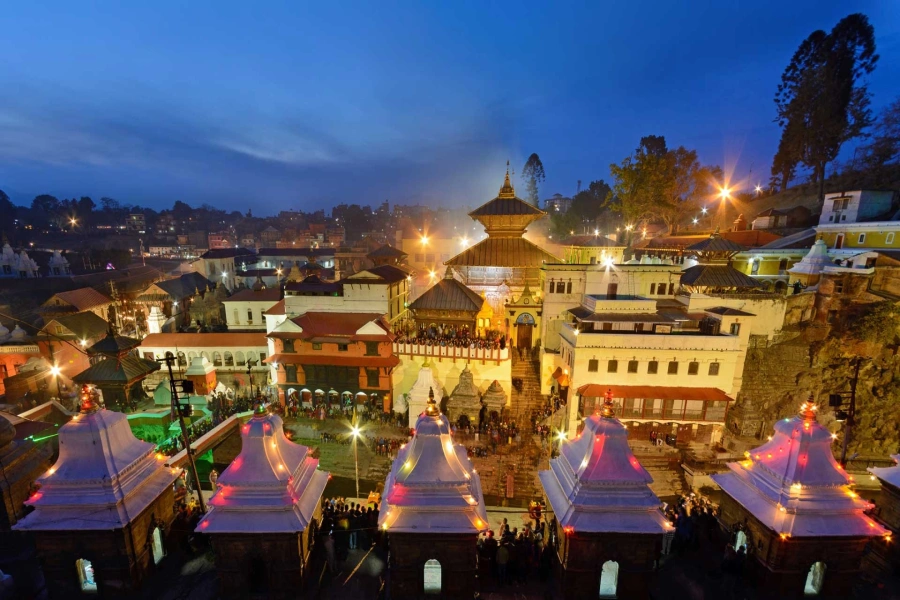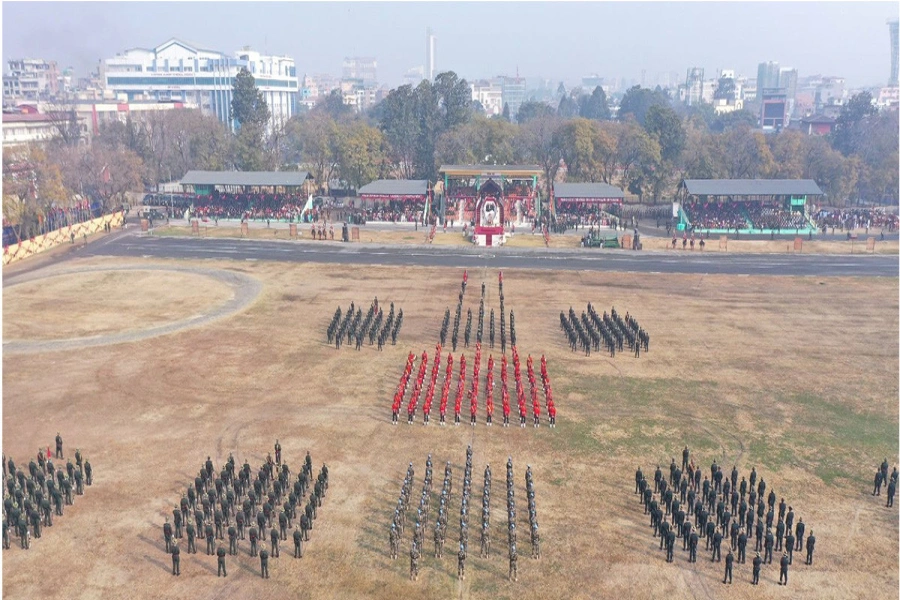The rare infighting — accompanied by car bombs, airstrikes and artillery shells that killed or maimed dozens of people — heightened fears that if Syrian President Bashar Assad falls, the disparate factions battling the regime will turn on each other.[break]
A suicide bomber detonated his explosives-laden car near an army checkpoint in Hama province, killing 50 soldiers in one of the deadliest single attacks targeting pro-Assad troops in the 19-month uprising, according to activists. Eleven civilians died when a bomb exploded in a central Damascus neighborhood, state media said, and activists reported at least 20 rebels killed in air raid on the northern town of Harem.
"It´s the worst-case scenario many feared in Syria," said Fawaz Gerges, director of the Middle East Center at the London School of Economics. "It´s an all-out war."
The fighting in the capital of Damascus was some of the worst since July, when rebels took over several neighborhoods, only to be bombed out by regime forces days later. Shortly after those battles, rebels moved on Syria´s largest city, Aleppo, and it has become a major front in the civil war since then.
The attacks on the two main cities have demonstrated new organization and capabilities of rebel forces as well as a determination to press their uprising despite the deaths of more than 36,000 people in almost 20 months of fighting.
When Syria´s unrest began in March 2011, the country´s half-million Palestinians struggled to stay on the sidelines. But in recent months, many Palestinians started supporting the uprising although they insisted the opposition to the regime should be peaceful.
One faction, the Popular Front for the Liberation of Palestine-General Command, led by Ahmed Jibril, has remained loyal to Assad.
The popular committees in the Damascus-area Palestinian refugee camp of Yarmouk, which are led by the PFLP-GC, said the fighting started Sunday when residents were attacked by gangs who claimed to include Palestinians fighting the government.
"The mercenaries who claim to have Palestinians among them" tried to infiltrate the camp but were repulsed by the popular committees, the statement said Monday. When the rebel attack failed, they fired mortars that killed and wounded several people, it added.
Video of the Yarmouk fighting that was posted online by activists Monday showed destruction around the camp, with shell-pocked and scorched vehicles, and shattered windows in apartment buildings as residents picked through debris and shouted in disbelief. The video was consistent with Associated Press reporting on the fighting in the area.
Rami Abdul-Rahman, who heads the Britain-based activist group Syrian Observatory for Human Rights, had no word on casualties from fighting that continued Monday. He said eight people were killed in Yarmouk on Sunday night when several mortar rounds landed in the camp.
"Those who are shelling the camp are terrorists" seeking to displace the Palestinians again, PFLP-GC spokesman Anwar Raja told the AP in Damascus.
Syrian authorities blame the uprising on a foreign plot, accusing Gulf countries Saudi Arabia and Qatar, along with the U.S., other Western nations and Turkey, of funding and training the rebels, whom they describe as "terrorists."
The Observatory said the fighting in Damascus was concentrated in the outskirts of the camp and the southern neighborhood of Tadamon. Damascus-based activist Abu Qais al-Shami told the AP via Skype that the fighting began Sunday night and went on continuously into Monday.
The Observatory and al-Shami said Syrian forces are backed by the PFLP-GC.
"Tadamon is being struck with shells, rockets and heavy machine-gun fire," al-Shami said. "People are fleeing the area toward safer areas inside the Yarmouk camp."
A Syrian opposition figure, who asked not to be identified out of fear of reprisal, said Palestinian fighters who are opposed to Assad were fighting alongside the rebels in Damascus.
The fighting came as the main Syrian opposition bloc broadened its ranks to include more activists, political groups from inside the country and those fighting on the front lines, responding to international calls for a more representative and cohesive leadership that could work with the West.
In northern Syria, an opposition figure said rival rebel groups clashed Sunday for control of the Bab al-Salameh border crossing with Turkey. The crossing has been in the hands of rebels since July. The opposition figure spoke on condition of anonymity because of fear of retaliation.
He said the fighting was between the Northern Storm Brigade and the Amr bin al-Aas brigade, which has a large number of Islamic radicals.
There are dozens of opposition groups and rebel brigades fighting in the civil war. Rivalries are common, although violent clashes are unusual.
A Turkish government official based in the border town of Kilis confirmed two Syrian rebel groups were "engaged in a power struggle," fighting each other for control of the Bab el-Salameh border crossing. The official, who spoke on condition of anonymity in line with government rules, said Turkish officials were still trying to determine who the two groups were.
A bomb exploded in the upscale Mazzeh al-Jabal district in central Damascus, killing 11 people and wounding dozens, according to the state-run news agency SANA. It was the first attack in a neighborhood in the capital that is predominantly populated by Alawites, an offshoot Shiite group that the Assad family belongs to. The blast caused widespread panic and massive damage in residential buildings. TV footage showed bloodied people in the street and gaping holes in residential buildings as firefighters worked to put out the blaze.
Residents said senior security and military officers of Assad´s regime live in the area targeted late Monday. Gunfire was heard all over Mazzeh following the explosion, and warplanes flew over the stricken area as ambulances took the wounded to a nearby hospital, residents said.
In Hama, SANA said a suicide attack killed two civilians. But the Observatory, which relies on accounts from activists on the ground, said about 50 soldiers died when a suicide bomber detonated his car in the village of Ziyara, targeting an army checkpoint. The Observatory said the bomber belonged to Jabhat al-Nusra, an al-Qaida-inspired militant group that has been fighting alongside rebel groups in some areas.
There was no comment from the government, which rarely reports regime casualties. If confirmed, the attack would be one of the deadliest for the troops since the uprising began.
Fighting and attacks elsewhere in Syria included air raids, shelling and clashes in the northern provinces of Aleppo and Idlib near the Turkish border to Deir el-Zour region in the east and Homs in the center.
In the northern town of Kfar Nobol, the Observatory said an air raid killed and wounded a number of people. An amateur video posted online by activists showed cars and shops on fire. A man was seen running carrying a dead body. The video appeared genuine and corresponded to other AP reporting on the events depicted.
On the diplomatic front, the U.N.-Arab League envoy, Lakhdar Brahimi, told reporters in Cairo that the communique from a meeting of key nations and international organizations in Geneva that agreed on a cease-fire and guidelines for a Syrian-led political transition should be turned into a Security Council resolution, U.N. spokesman Martin Nesirky said Monday.
Brahimi encouraged the deeply divided council to continue talks to reach such a resolution, Nesirky said.
He spoke after a meeting Monday with Russian Foreign Minister Sergey Lavrov, who opposed the idea. Russia and China have vetoed three Western-backed resolutions aimed at pressuring Syrian President Bashar Assad´s government to stop the violence, including by threatening sanctions.
The Security Council is scheduled to discuss Syria behind closed doors Tuesday and many diplomats had hoped for a briefing by Brahimi. But diplomats, speaking on condition of anonymity because discussions were private, said Brahimi opted out and the council will now be briefed by U.N. political chief Jeffrey Feltman.
Yemen’s chaos deepens after rebels killed ex-president Saleh






































